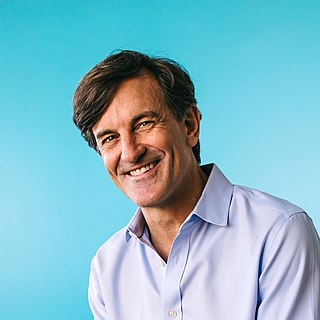A Quote by Jo Coudert
We can win the struggle to avoid responsibility for our personal lives, but if we do, what we lose is our lives.
Related Quotes
In our lives we will encounter many challenges, and tomorrow we face one together. How we accept the challenge and attack the challenge head on is only about us-no one can touch that. If we win or lose this weekend, it will not make a difference in our lives. But why we play and how we play will make a difference in our lives forever.
When we want to help the poor, we usually offer them charity. Most often we use charity to avoid recognizing the problem and finding the solution for it. Charity becomes a way to shrug off our responsibility. But charity is no solution to poverty. Charity only perpetuates poverty by taking the initiative away from the poor. Charity allows us to go ahead with our own lives without worrying about the lives of the poor. Charity appeases our consciences.



































